What is Mindfulness?
With all the expectations on us as women, we often lose touch with our true selves. Many of us are driven by the ‘should’s and expectations that prevent us from really knowing who we are and what it means to be a woman. We get so busy living other people’s lives that we often forget to live our own. And while we work hard, we often forget this simple truth: that all we truly have is right NOW.
Mindfulness gives us permission to embracing the PAUSE. The pause allows us to get to know ourselves deeply and take ownership of who we really are. We can become compassionate warriors of the present moment. When we truly live in the now, we open our hearts to a new way of being.

Combating our Modern Times
Our brains our busier and overloaded than ever before. We are living in the age of multitasking, but the reality is that our brains aren’t wired to multitask well. Neuroscientist Daniel J Levitan explains that, “Multitasking has been found to increase the production of the stress hormone cortisol as well as the fight-or-flight hormone adrenaline, which can overstimulate your brain and cause mental fog or scrambled thinking. Multitasking creates a dopamine-addiction feedback loop, effectively rewarding the brain for losing focus and for constantly searching for external stimulation.” (Guardian, Jan 18 2015) Additionally, Russ Poldrack (Stanford neuroscientist) discovered that learning information while multitasking causes new information to go to the wrong part of the brain.
With our rapidly advancing technology, our brains are suffering from the demands of multitasking. We are expected to answer our phones at a moment’s notice and respond to emails within 24 hours. The rapid, continual shifting we do to stay on top of all this causes the brain to “burn through fuel so quickly that we feel exhausted and disoriented after even a short time. We’ve literally depleted the nutrients in our brain.” (Daniel J Levitan)
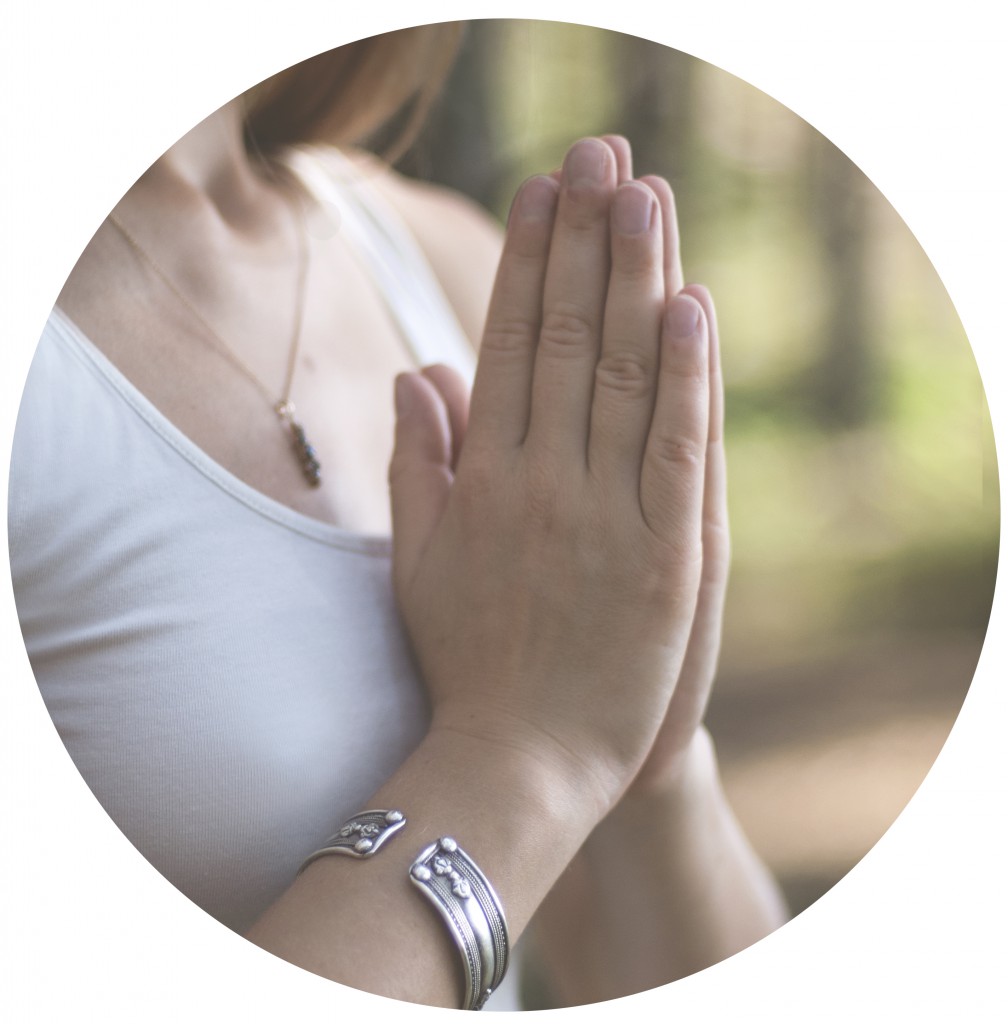
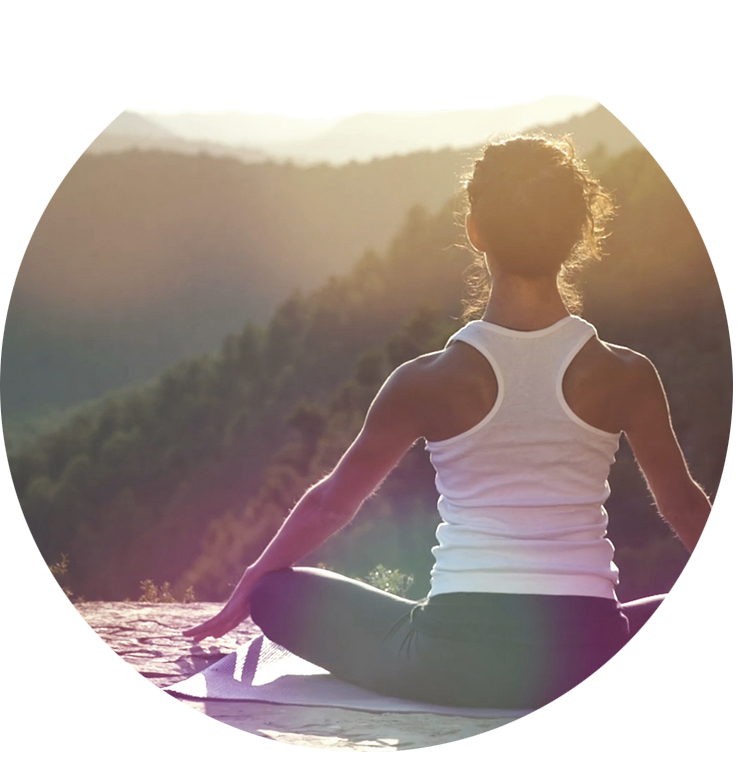
Changing our Brains
Our brains are like muscles: the more we use specific parts of the brain, the more these areas will grow and thrive. Research has proven that just 8 weeks of consistent Mindfulness meditation practice results in thicker grey matter in several parts of the brain:
The Left Hippocampus and Posterior Cingulate Cortex: structures in the brain involved with memory, learning and emotional regulation
The Temporo-Parietal Junction: involved with empathy
The Pre-Frontal Cortex: associated with higher order brain functions such as awareness, concentration and decision-making
Additionally, MRI scans have proven that the amygdala, the brain’s “fight or flight” center, appears to shrink (associated with fear and emotion as a response to stress).
The scale of these changes are correlated with the amount of meditation practice a person has done – in other words, you can never do too much Mindfulness Practice!
Jon Kabat-Zinn on Mindfulness
“The notion that the mind and body are actually different sides of the same coin goes all the way back to the origins of medicine. For most of its history, the practice was not separated from other aspects of human activity.”
“Mindfulness is about love and loving life. When you cultivate this love, it gives you clarity and compassion for life, and your actions happen in accordance with that.”
“When you have children, you realize how easy it is to not see them fully, and perhaps miss all those early years. If you are not careful, you can be too absorbed in work, and they will be only too happy to tell you about it later. Being a parent is one of greatest mindfulness practices of all.”
![]()
Less Stress, More Happiness
Studies have shown that Mindfulness improves mental health, including less distress, negative emotion, depression and anxiety.
Additionally, in the World Happiness Report 2015, Mindfulness was cited as a major contributor to the neuroscience of happiness. In one study, female school teachers were enrolled in an eight-week training with a focus on mindfulness, empathy, compassion, and recognition of emotions in oneself and others. After the training, the women reported higher levels of positive emotion and lower levels of negative emotion compared to a wait-list control group, as well as an increased ability to recognize the emotions of others.
In another study, Killingsworth & Gilbert developed a smartphone app to sample the experience of more than 2,000 individuals while they went about their daily activities in the world. They asked participants to report the frequency with which they found their minds wandering, and to rate the degree to which they felt happy or unhappy at that moment. They found that on average that participants reported their minds to be wandering 47% of the time and that they felt significantly unhappier when they were unfocused rather than focused on the activity at hand.
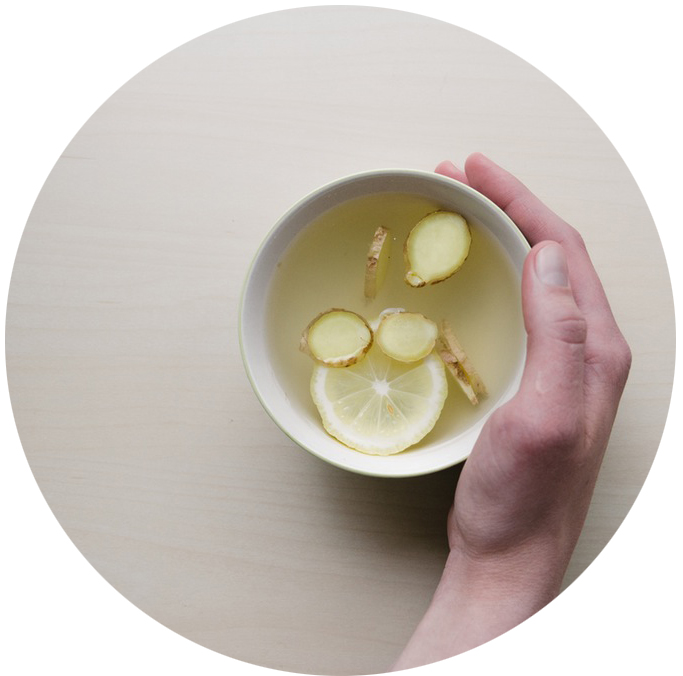

Healing Our Bodies
Studies have shown that Mindfulness improves physical health, including lower blood pressure, declines in cortisol (a stress hormone) and fewer reported health problems.
“Things get even more interesting when researchers study mindfulness experts experiencing pain. Advanced meditators report feeling significantly less pain than non-meditators. Yet scans of their brains show slightly more activity in areas associated with pain than the non-meditators.” (Tom Ireland, Scientific American, June 12, 2014) So why would advanced meditators experience less pain?
Joshua Grant (from Max Plank Institute for Human Cognitive and Brain Sciences, Leipzig, Germany) explains that the part of the brain associated with the unpleasantness of pain and parts of the prefrontal cortex are normally functionally connected. But amongst advanced meditators, these two regions of the brain appear to become “uncoupled”. Grant says, that practitioners “certainly don’t seem to have blocked the experience. Rather, it seems they refrained from engaging in thought processes that make it painful.”
Key Benefits
Improved Mental & Physical Health
Greater Ability to Regulate Our Emotions
Less Stress, Anxiety & Depression
More Empathy, Allowing for Deeper Connection
More Focus, Awareness & Happiness

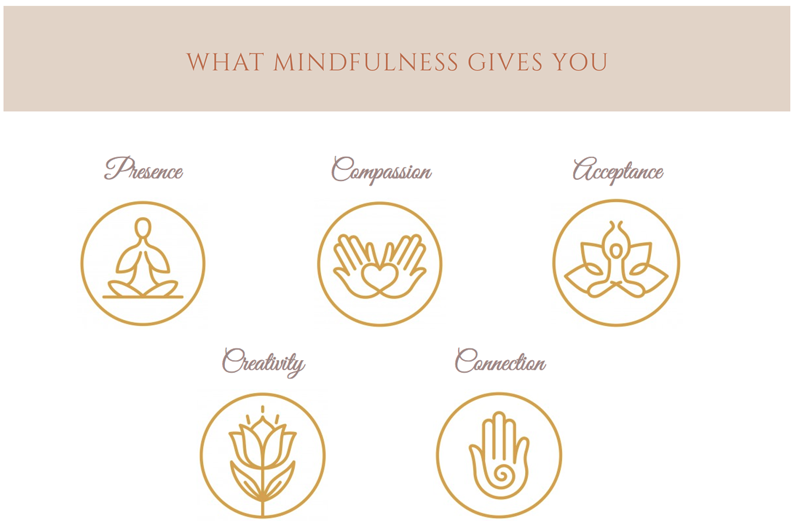
Mindfulness Instructors
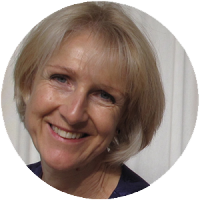
Alison Prideaux
Alison is delighted to be teaming up with TWN to bring Mindfulness to mothers on line and in person. “In my classes I have the deepest respect for the mothers who meditate, just finding 10 minutes for themselves is a huge achievement. When they do establish a minduflness practice they feel less rushed and stressed and the whole family benefits. Creating a mindful household is a significant contribution to the world, do not underestimate the impact of developing your own mindful awareness, it has more of an effect than you could ever imagine.”
Alison teaches and runs retreats in France, she has about 3000 hours of practice and has trained with Bangor University. She is very enthusiastic about the effectiveness of this simple practice and looks forward to a long and fruitful relationship with you in the TWN community. “This is not just a class it is a life long journey, lets take the first imperfect step together!”
www.ommindfulness.com
Lois Shannon 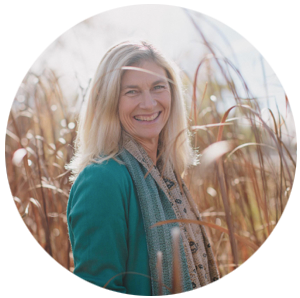
Lois has been on an intensive path of self discovery in an attempt to understand and embody what it means to be a woman in the 21st century.After feeling a deep disconnection with herself and the world around her, Lois reconnected by remembering and reclaiming her worth through an active Mindfulness practice and by sharing in a community of women. She then began running her own women’s groups to facilitate honest, open communication and saw amazing results. The Woman’s Network (TWN) was born from these gatherings and a desire to collectively heal the imbalance that is experienced internally within the hearts of many woman.
Lois is trained in facilitating Trauma Constellations and teaching Mindfulness, with experience in Somatic Bodywork and Five Rhythm Dance. Lois has worn many hats over her lifetime giving her unique insight into the many roles we play as women. She had a successful business career, including being highlighted in the Wall Street Journal in 1999 as one of the top 30 Business Women in Europe. She held senior management positions at Bain & Company, Apple Computer Europe and Russell Reynolds Associates in London before becoming a full time mother living in the South of France. After almost 20 years in Europe, she now lives in Boulder, Colorado with her husband and three teenage children.

